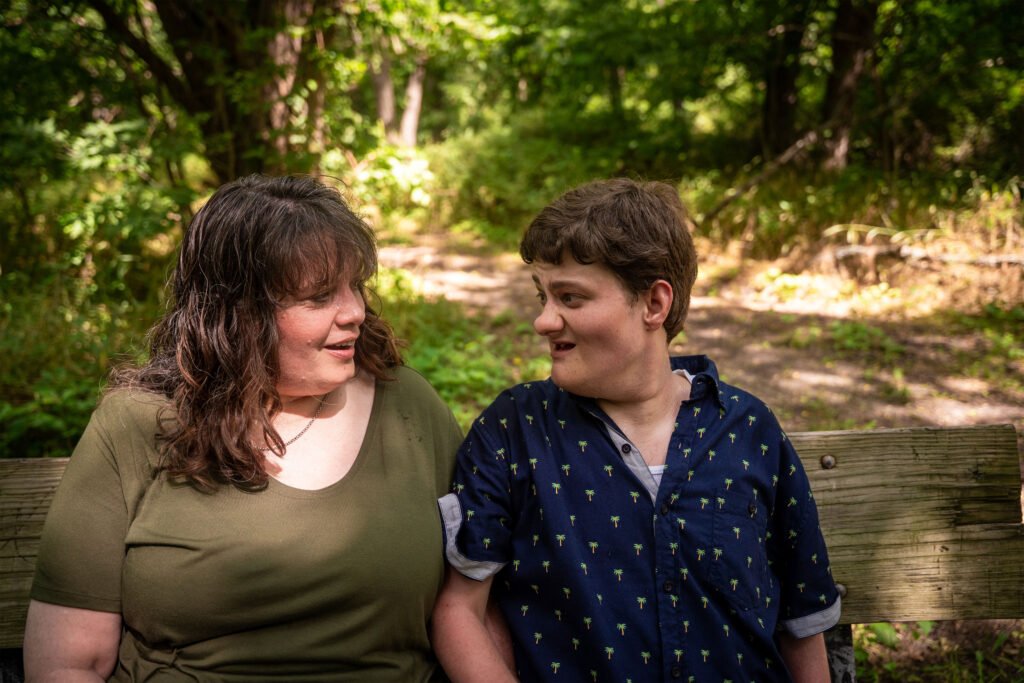Kimberly Gallagher faced a difficult decision four years before enrolling in Medicaid – she had to give up guardianship of her son in order to work as his caregiver. Her son, Daniel, has a rare genetic condition called Prader-Willi syndrome, along with autism, which requires constant care and attention. Due to his needs, Kimberly found it impossible to work outside her home.
After enrolling in Medicaid in 2023, following the death of her husband, Kimberly now faces the prospect of having to prove her employment status to the state, despite being paid to care for her son. Proposed changes in the rules could mean that she, along with 18.5 million Americans, may be required to show that they are working enough to maintain their health insurance coverage.
The proposed work requirements, part of budget bills in Congress, would mandate 80 hours of work or community service per month for adults insured through the Affordable Care Act’s Medicaid expansion program. Despite the fact that most Medicaid recipients already work, attend school, or have a disability, these requirements could lead to millions losing their coverage.
Kimberly’s situation is further complicated by the fact that she had to give up guardianship of her son in order to be paid for her caregiving. While she already logs the required hours for work, she may still need to prove her employment status – a task made difficult by Missouri’s history of procedural problems in administering Medicaid.
The potential consequences of these work requirements are concerning, especially in light of what happened in Arkansas, where thousands lost their Medicaid coverage due to administrative issues. Similarly, Missouri has a track record of processing delays and coverage losses due to procedural reasons.
For Kimberly, the stakes are high – her Medicaid coverage is not only essential for her own health needs but also for her son’s care. The optional in-home services that Daniel receives could be at risk if Medicaid funding is cut, leaving them with limited income and support.
The uncertainty surrounding Medicaid work requirements has left Kimberly and many others in a state of anxiety about the future. The potential loss of coverage and essential services could have devastating consequences for families like hers. It remains to be seen how these proposed changes will impact vulnerable populations like Kimberly and Daniel.


